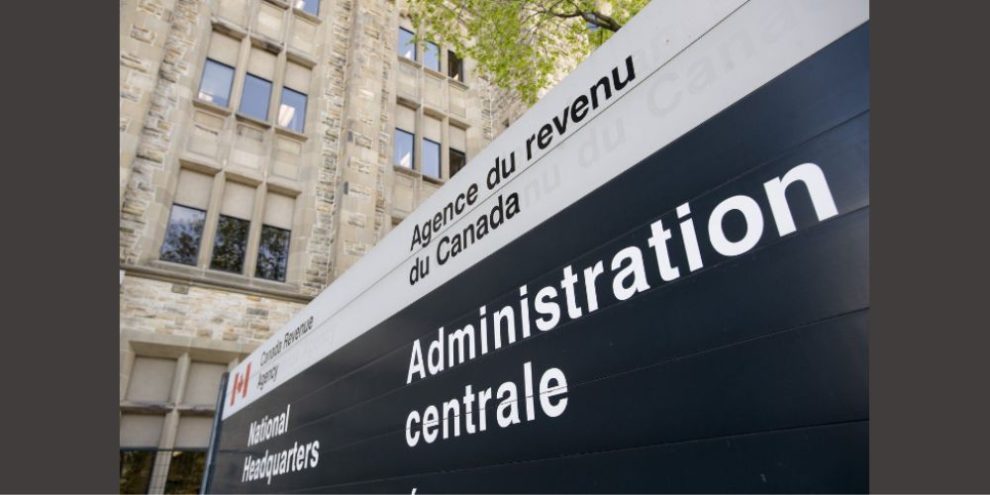
Ottawa
More than 35,000 federal workers who assess and approve tax returns will be in a legal strike position by April 14, just two weeks before the annual deadline for Canadians to file their taxes.
The strike vote comes after more than a year of haggling between the Canada Revenue Agency and workers represented by the Union of Taxation Employees within the Public Service Alliance of Canada.
A conciliator appointed last fall to help with the talks reported in January that the two sides were at an impasse.
PSAC says it will not release the results of the strike vote for "strategic reasons," but says it puts members in a legal strike position as of Friday.
There are, however, four days of bargaining talks scheduled with the CRA starting April 17.
The CRA issued a statement today saying the agency's priority is to reach a deal with the union, but it respects employees' right to strike.
"We are confident that the parties will find many areas of potential compromise and trade-off, through honest discussions and concessions by both sides, during the upcoming negotiations," the statement said.
The CRA has previously said it cannot guarantee all CRA services will continue during work stoppages. It said it will be transparent with Canadians about any impacts to services, should they happen.
Canadians have until May 1 to file their tax returns without penalty. The normal cutoff date is April 30, but the deadline was extended slightly this year because that date falls on a Sunday.
Anyone who owes taxes could be penalized if they file their return and pay the amount owing after that date. Taxes must also be filed to ensure no delays in receiving government tax benefits, such as the Canada Child Benefit or GST rebate cheques.
A PSAC news release issued today calls the April 17-20 negotiations "the final round" of talks.
Marc Brière, president of the Union of Taxation Employees, said the union has "negotiated in good faith" but its members are feeling the hard pinch of inflation and static wages.
The conciliator report said there were more than 200 outstanding issues between the two sides. Wages and matters related to work-life balance are among the topics on the table. The conciliator said it was clear the two sides were no closer to a deal in January than they had been a year earlier when negotiations began.
This report by The Canadian Press was first published April 7, 2023.
Banner image via The Canadian Press





